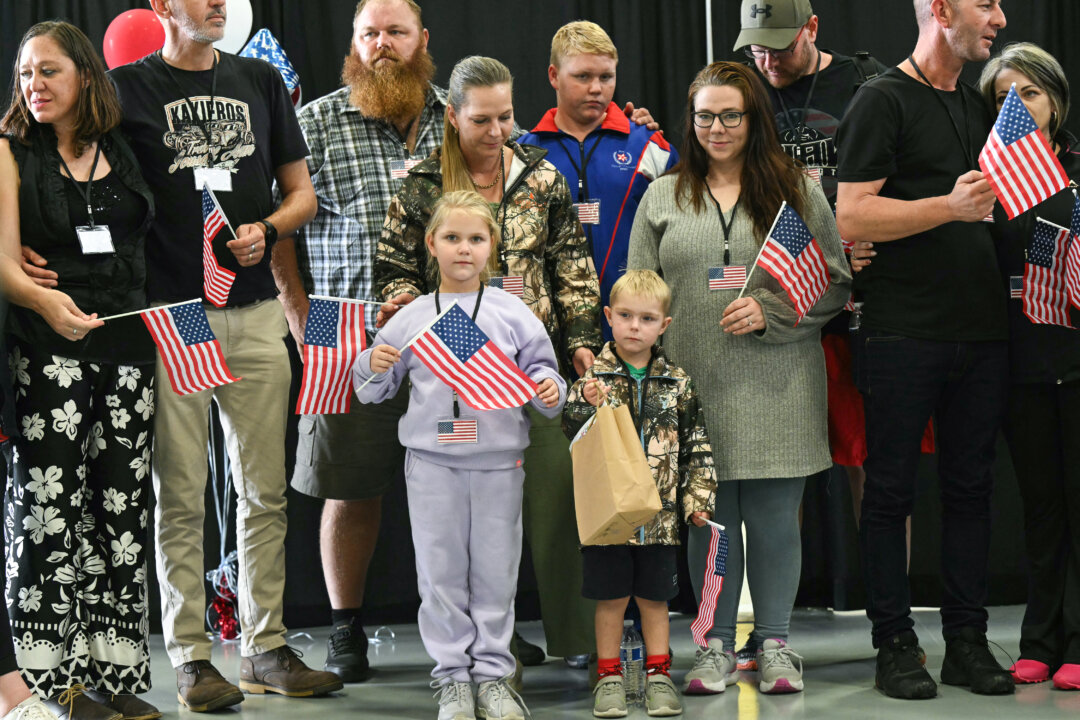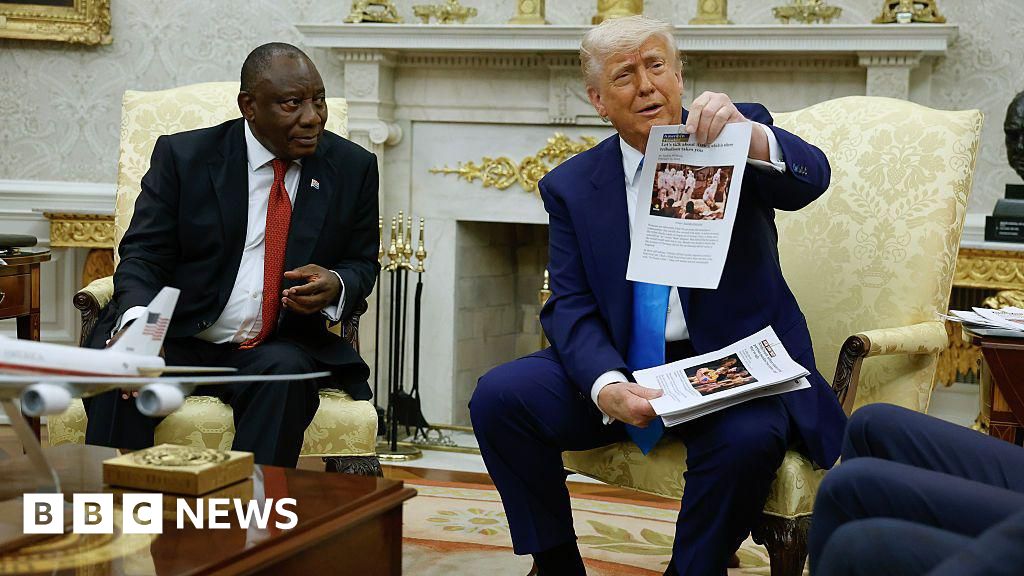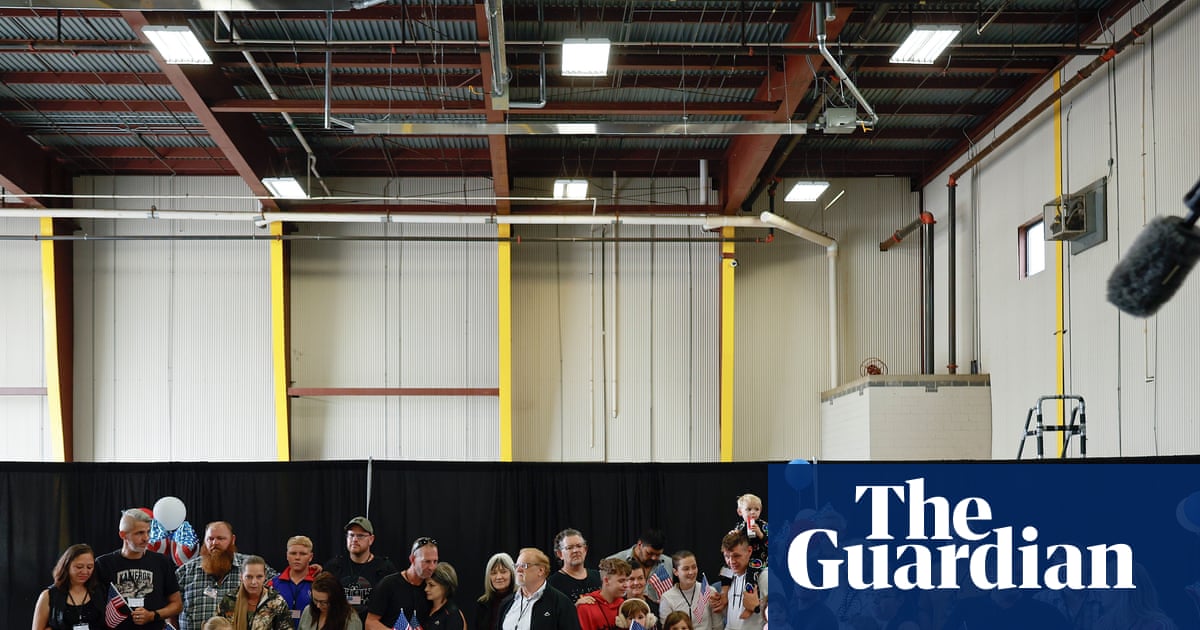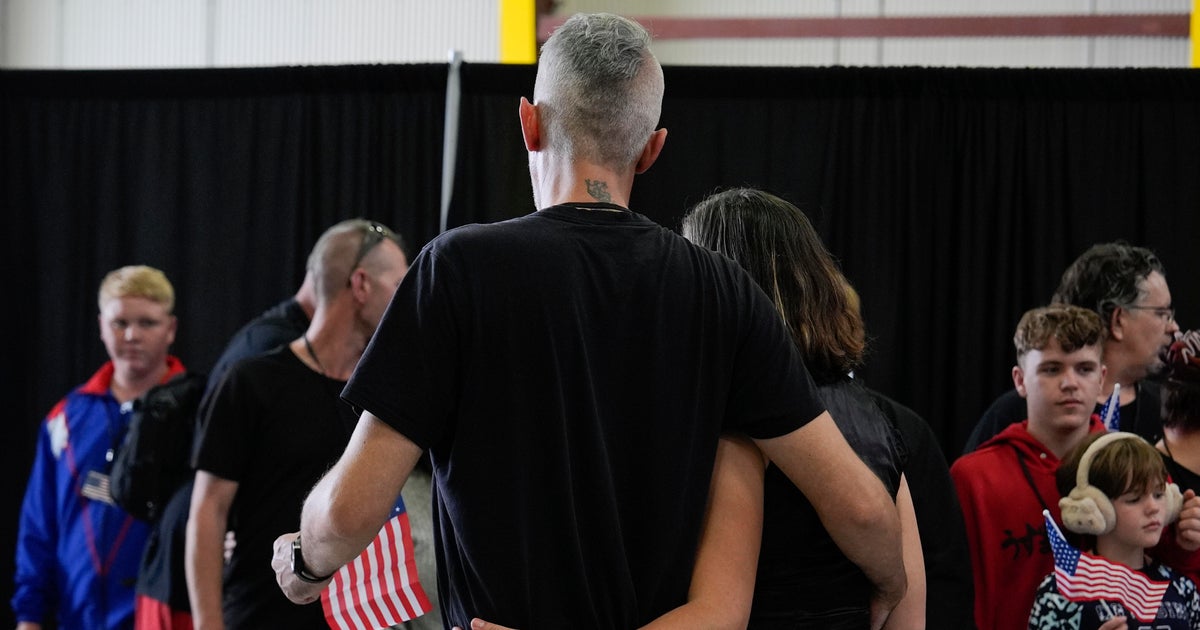Trump Administration Sets Record-Low Refugee Cap, Prioritizing White South Africans
The Trump administration has set a historic low annual refugee admission cap of 7,500, prioritizing white South Africans and Afrikaners, a significant reduction from previous years.
Subscribe to unlock this story
We really don't like cutting you off, but you've reached your monthly limit. At just $5/month, subscriptions are how we keep this project going. Start your free 7-day trial today!
Get StartedHave an account? Sign in
Overview
- The Trump administration established a record-low annual refugee admission cap of 7,500 for the United States, a drastic decrease from President Joe Biden's 125,000 limit.
- This new limit prioritizes white South Africans and Afrikaners, with President Trump citing claims of persecution in a Black-majority country as justification for their admission.
- The South African government vehemently denies allegations of persecution against Afrikaners and other white South Africans, rejecting the US accusations of racially motivated violence.
- The US refugee program was suspended by President Trump upon taking office, and the new 7,500 annual limit marks the lowest cap since the program's 1980 establishment.
- Groups assisting with refugee resettlement in the US are experiencing staff layoffs due to the significant decrease in arrivals under the Trump administration's reduced quota.
Report issue

Read both sides in 5 minutes each day
Analysis
Center-leaning sources frame this story by emphasizing the "historic low" refugee cap and the controversial focus on "White South Africans." They highlight the "precipitous decline" from previous administrations and immediately present strong criticisms from refugee advocates, suggesting a narrative of a politically driven and morally questionable policy shift.
Articles (14)
Center (5)
FAQ
The Trump administration claims that Afrikaners and other white South Africans face racial discrimination and even the threat of genocide in majority-Black South Africa, and thus need urgent protection. The State Department cites reports of abuses against this group as justification for the policy shift[1][4]. The South African government strongly denies these allegations, calling them politically motivated and inaccurate[4].
The 7,500 cap is the lowest since the U.S. refugee program began in 1980—sharply reduced from President Joe Biden’s 125,000 cap and even lower than President Trump’s previous record low of 15,000 in 2021. This dramatic reduction has led to layoffs among refugee resettlement organizations and left over 120,000 previously approved refugees in limbo.
The USRAP has been suspended for most people since January 2025, when President Trump issued an executive order citing record migration and the need to align admissions with U.S. interests[1]. Only select groups, notably white South Africans, have been admitted since then[1].
Advocacy groups and resettlement organizations have criticized the policy as a significant departure from long-standing, bipartisan U.S. humanitarian practice, arguing that it disproportionately favors one group and sidelines other refugees in urgent need, including those already vetted for resettlement[1][5]. They warn of operational and humanitarian consequences, such as staff layoffs and family separations.
The South African government has strongly rejected allegations of persecution against white South Africans and Afrikaners, accusing the U.S. administration of politicizing immigration policy and spreading misinformation to justify its selective refugee admissions[4]. South African officials assert there is no credible evidence of genocide or widespread violence against this minority[4].
History
- This story does not have any previous versions.













